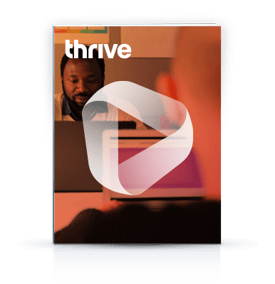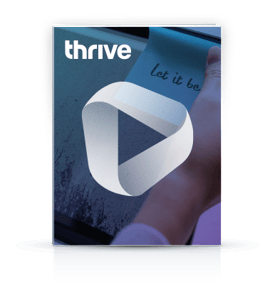These guidelines provided by our colleagues at New-Hire.
What You Can and Cannot Ask in an Interview
The Equal Employment Opportunity Commission maintains that every question asked on an
employment application or in a job interview is intended to elicit information used to screen the
applicant. Consequently, questions asked during an interview could put the employer at risk of
a charge alleging a violation of Title VII, the ADA, the ADEA, or the NLRA. Therefore, it is
important for interviewers to have a well thought out plan for the interview. A rule of thumb
that that will help avoid interview miss-steps: ask questions that are job-related, focusing on
skills, knowledge, and past work history. Don’t ask any questions that relate to a characteristic
protected by law. Bellow are examples of question that must be avoided, as well as some
question types, and decision factors that are fair game.
An interviewer should NOT ask:
• The applicant’s age
• The applicant’s date of birth
• The applicant’s date of graduation from high school, or any other questions which may
identify the applicant’s age unless there is a bona fide business purpose (e.g., how many
years experience in a skill relevant to the job which the applicant is seeking)
• What church the applicant attends or the name of his or her priest, rabbi or Imam
• The national origin of the applicant’s name
• A female applicant what her “maiden name” was (although for the purpose of doing a
background check you can ask if the employee ever worked or was educated under
another name)
• Whether the applicant is married, divorced, separated, widowed or single
• Who resides with the applicant
• The number and ages of the applicant’s children
• Child-bearing plans
• Who will care for the children while the applicant is working
• How the applicant will get to work, unless owning a car is necessary to the successful
completion of one or more job duties (i.e. if the job includes traveling to client cites to
deliver products)
• Where the applicant’s spouse or parent works
• Whether the applicant ever had wages garnished or declared bankruptcy
• Whether the applicant was ever arrested
• Whether the applicant has filed a workers’ compensation claim
• Whether the applicant has a disability or has ever collected disability insurance
• How a disability occurred, even if an applicant’s disability is apparent, or the applicant
voluntarily informs you of his or her disability
• The status of the applicant’s health
• The organizations to which the applicant belongs (other than whether the applicant
belongs to a specific non-denominational, professional, job-related organization)
• Whether the applicant is “for” or “against” unions, or whether the applicant was ever a
union member • Whether the applicant has ever made a charge or claim of harassment or discrimination
(If applicant volunteers this information, do not follow up)
• The applicants sexual orientation, or gender identification
An interviewer MAY ask:
• Questions regarding information provided on the application
• Why applicant left former employment
• What applicant expects would be said by former employers
• What applicant did at prior job
• What applicant liked/disliked about prior jobs
• What kind of job the applicant is seeking
• What hours applicant is unavailable to work
• What type of training applicant received at prior job
• Information regarding terms and conditions at prior employer
• What applicant thought about working conditions at prior employer
• What type of supervisor applicant worked for previously and what type of supervisor
he/she would like to work for
• How employee problems and complaints were solved at applicant’s prior job and
whether applicant considered it a good procedure
• Whether applicant was ever promoted in prior jobs
• Foreign languages applicant speaks or writes, if job-related
• Professional or trade organizations to which applicant belongs (except the applicant
should first be told that he/she does not need to identify any organizations whose name
might reveal race or ethnicity)
Appropriate reasons for not hiring an applicant:
• Applicant is not qualified for positions available
• Applicant is not able to perform the essential functions of the job sought
• Applicant indicates a lack of interest in positions available
• After describing required hours, applicant states that he or she is unable to work those
hours (However, if inability is due to applicant’s religious beliefs or disability,
you must determine whether a reasonable accommodation is possible)
• Applicant did not return for follow-up interview
• Applicant is unwilling to accept part-time employment (where no full-time employment
available)
• Applicant is under age 18 (or under age 21 if position involves driving)
• Applicant is not legally permitted to work in the U.S.
• Applicant has inconsistent, inaccurate or fraudulent statements on application
• Other applicants are more qualified
• Applicant’s work history reveals that he or she frequently changes jobs, and applicant
does not indicate that unlawful discrimination was the reason for job change
• Applicant has been terminated for misconduct and does not attribute termination to






